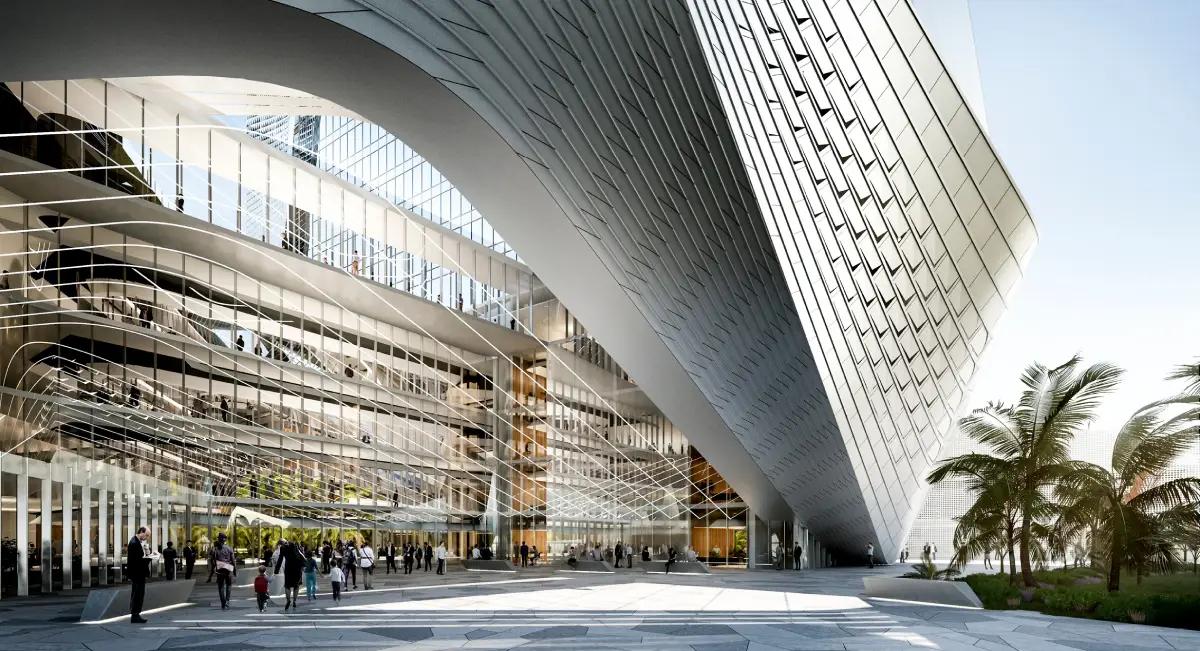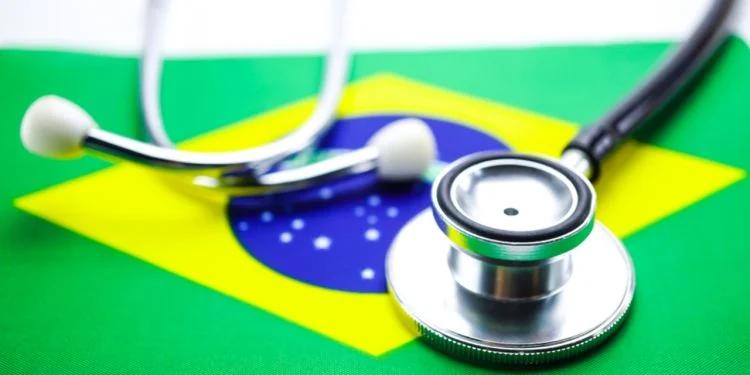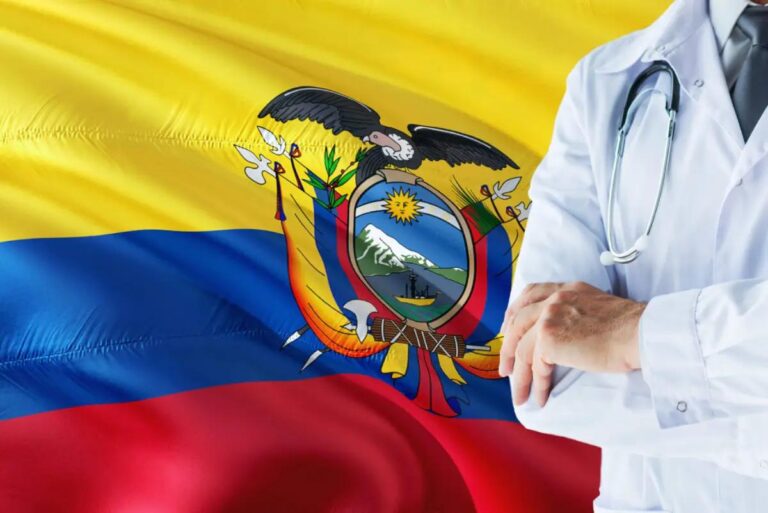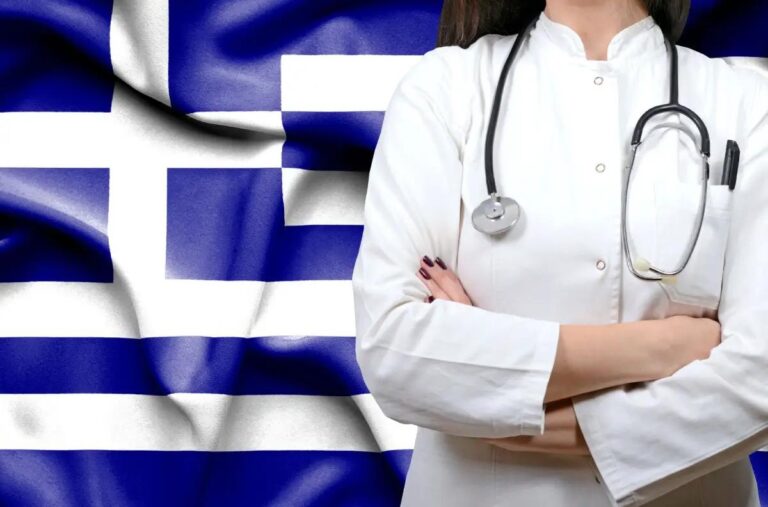TL;DR:
- Public vs Private Healthcare: Public is available to all, crowded and basic. Private is preferred by expats, better equipped, shorter wait times, often with English-speaking staff.
- Health Insurance: Essential for retirees, costs vary. Private insurance offers better coverage.
- Accessing Medical Services: Major hospitals in cities (e.g., Cheikh Zaid in Rabat), telemedicine available, easy outpatient services, translation services at many hospitals.
- Costs: Doctor visits ($15-$30), specialist consultations (up to $50), minor surgeries ($200), major surgeries ($5,000). Health insurance premiums vary ($30-$100/month).
- Quality: Urban hospitals modern and certified; rural areas lag behind.
- Specialized Services: Senior care homes, community services, geriatric care, expat support networks available.
- Insurance Types: Local and international options, pros and cons for each.
- Additional Services: Dental, vision, preventive care, emergency services, traditional medicine, nutritional services.
Thinking about retiring to Morocco and curious about the healthcare scene? In this article, I’ll guide you through what you need to know about Morocco’s health care system, tailored especially for retirees. Discover public and private care options, costs, insurance needs, and more. Plus, learn how to access top medical services and get insights on specialized care for seniors. Let’s dive into healthcare in Morocco!
What is the health care system like in Morocco?
The health care system in Morocco includes both public and private options. Public health care is available to everyone, including expats. However, the quality of public health care may not always meet your expectations. Hospitals can be crowded, and wait times can be long. Public hospitals do provide basic services, but for specialized care, you might need private options.
Private health care in Morocco is widely used by expats and retirees. Private clinics and hospitals offer a higher standard of care and shorter wait times. These facilities are often better equipped and more comfortable. They also have English-speaking staff, which can be a big help if you don’t speak French or Arabic.
Health insurance is important for retirees in Morocco. Without insurance, medical costs can add up quickly, especially for private care. The cost of health insurance varies. Some plans are affordable, while others are more costly but cover a wider range of services. Private health insurance usually provides better coverage and access to private hospitals.
Comparing public and private health care, private is often the preferred choice for its quality and convenience. Public health care is less expensive but may lack some services and comforts. If you need regular medical care or expect to visit specialists, private health care might be more suitable.
General practitioners (GPs) are the first point of contact in both public and private systems. They handle routine check-ups and minor health issues. If you need specialized care, GPs refer you to specialists. Specialists in private hospitals often have more experience and offer better care. Public health care does have specialists, but the process to see one can be lengthy.
The Moroccan medical system aims to offer good care, but like any system, it has its strengths and weaknesses. Retirees might find the blend of public and private options to be practical. Each system has its place, allowing you to choose what works best for your needs and budget. For more information, here is a link to the official Moroccan health care site.
How can retirees access medical services in Morocco?
To access medical services in Morocco, you need to know where to go and what’s available. Major hospitals and private clinics are found in cities like Casablanca, Marrakesh, and Rabat. For many retirees, private hospitals in Morocco offer higher quality of service, especially for those used to Western standards.
Major Hospitals and Private Clinics: Some top hospitals include Cheikh Zaid Hospital in Rabat and Clinique Jerrada in Casablanca. These places offer many services, from general care to specialized treatments.
Telemedicine Services: Telemedicine in Morocco has grown. Many clinics now offer online consultations. This is useful for minor health issues or follow-up visits. Services are accessible via websites and mobile apps.
Finding Outpatient Services: Outpatient services in Morocco are easy to find. Use local directories or ask at hospitals. Clinics and general practitioners (GPs) can handle most outpatient needs. You can visit a GP for regular check-ups or minor illnesses.
Booking Medical Appointments: To book a medical appointment, call the clinic or use online booking systems. Some clinics provide same-day appointments. Bring your ID and any medical records to your appointment.
Translation Services: If you don’t speak French or Arabic, you can use translation services. Many hospitals offer translators. Some doctors speak English, but it’s good to ask in advance. For complex issues, bring a friend who speaks the language.
Accessing medical services in Morocco can be smooth if you know what to expect. Use this guide to find the right care and navigate the system comfortably.
What are the costs associated with health care in Morocco?
When considering health care in Morocco, retirees need to know about costs. Common medical fees in Morocco can vary widely. For a regular doctor’s visit, you might pay between $15 to $30. Specialist consultations can go up to $50. Minor surgeries or procedures in private clinics often cost around $200, while major surgeries can be as high as $5,000.
Health insurance is crucial for managing these costs. Monthly premiums for health insurance in Morocco can range from $30 to $100, depending on the plan. More comprehensive coverage can be higher, but it provides better benefits. Generally, public health services have low costs. However, private health care offers shorter wait times and better facilities, although it is more expensive.
For those keeping an eye on rankings, Morocco’s health care system is growing but has room for improvement. The country is making efforts, but it does not rank high globally. Checking the World Health Organization website might help to get the latest rankings and updates.
Health insurance for retirees usually covers most medical needs. Basic plans cover doctor visits, hospital stays, and emergency care. Higher-tier plans may include dental and vision care, critical illnesses, and specialized treatments.
If you have a limited budget, Morocco offers financial aid options. Low-income retirees can access public health services at a reduced cost or even for free in some cases. The Moroccan government provides subsidies and programs to help those in need.
The cost of long-term care varies and depends on the type of facility and the level of care needed. Nursing homes can cost around $1,000 to $2,000 a month. Home care services are another option, costing about $10 to $20 per hour, depending on the service provider.
Understanding these costs and planning accordingly can make retiring in Morocco a more comfortable and worry-free experience.
Are there specific medical facilities and resources available for retirees?
Yes, Morocco offers a varied range of medical services for retirees. Retirees can access specialized senior care homes, which provide focused medical care and everyday assistance. These homes cater to unique needs, making senior living more comfortable.
Medical facilities in Morocco also feature community and social services. These services include organized activities, wellness programs, and social gatherings. They help retirees stay active, social, and engaged in their community.
Access to geriatric care is another important feature. Morocco has doctors and nurses trained to treat age-related conditions. These professionals are experts in issues like mobility, memory loss, and chronic illnesses. You can expect good support from them if you need help as you get older.
Expats benefit from health programs and support networks. For example, some programs offer regular health checks and wellness tips. Support networks help connect expat retirees with local resources and other expats. These networks can be a great help and make the transition to a new country smoother.
Retirement communities offer medical support customized for older adults. These communities have on-site nurses and doctors who are ready to assist you at any time. Some of the communities also feature health clubs and wellness centers.
Morocco provides good medical care for retirees, including both locals and foreigners. The medical facilities are suitable, and the retirement communities are equipped for senior care. If you need more details, you can check out retirement information here.
What Types of Health Insurance are Available for Retirees?
Overview of Health Insurance Options
Morocco offers various health insurance plans for retirees. You can choose between local and international plans. Local insurance plans often provide good coverage and are more affordable.
Pros and Cons of Local vs. International Medical Insurance
Local Insurance Pros and Cons:
- Pros: Affordable, easy to set up, accepted widely.
- Cons: May lack global coverage, limited complex care.
International Insurance Pros and Cons:
- Pros: Comprehensive, covers worldwide care, includes specialized treatments.
- Cons: Expensive, more paperwork.
Steps to Acquire Expatriate Medical Insurance
Acquiring expatriate medical insurance involves certain steps:
- Research Providers: Look for well-known international companies.
- Compare Plans: Look at what each plan offers.
- Check Network: Ensure your preferred hospitals and clinics are included.
- Apply Online: Fill out an application on the provider’s website.
- Submit Documents: Provide necessary identification and health history.
Details about Medical Travel Insurance
Medical travel insurance offers coverage for short-term stays. It includes emergency care, evacuation, and repatriation. This type of insurance is best for retirees visiting Morocco temporarily.
Coverage for Chronic Diseases and Pre-Existing Conditions
Chronic diseases and pre-existing conditions need careful consideration. Not all plans offer full coverage for these issues. Check if your plan includes:
- Routine check-ups
- Medication costs
- Specialist visits
Some international health insurance plans cover chronic and pre-existing conditions well. Local plans might offer limited support. Always read the fine print and ask questions.
External Link: For more details on specific coverage, visit this comparison of health insurance plans.
What is the quality of health care like in Morocco?
The quality of health care in Morocco varies, especially between urban and rural areas. In cities like Casablanca and Rabat, you will find hospitals with modern facilities and well-trained staff. Many hospitals are certified and accredited to meet international standards. Government initiatives, like the “Plan Santé 2025,” aim to improve overall health care standards.
Comparatively, Morocco ranks decently in health care among developing nations. But it is still behind countries with advanced health systems. The quality of health care in urban areas is generally better than in rural ones. Cities have more resources, newer facilities, and a higher number of specialized doctors. Rural areas may lack these resources, affecting the level of care you might receive there.
Patient satisfaction in urban hospitals is generally positive. People often appreciate the facilities and the skills of medical staff. However, wait times in public hospitals can be long. This leads some retirees to seek care in private clinics, where the service is faster but costs more.
The government is making efforts to bridge the gap between urban and rural health care. Programs aim to build more hospitals and train more medical staff in rural regions. Mobile health units also bring medicine and care to remote areas. Such initiatives mean that the quality of health care is gradually improving.
In summary, if you stay in an urban center, you can expect a reasonable standard of care. Facilities in cities are modern, and doctors are often certified through reputable programs. Keep in mind, though, that rural health care may not meet the same standards, and government programs are still working to improve these areas.
What Additional Health Care Services Might Retirees Need in Morocco?
Retirees need a range of health services in Morocco, like dental and vision care. Why? Healthy teeth and eyes are vital for a good life. Local clinics offer these services. Quality varies, so seek trusted providers.
Preventive care is also crucial. Wellness programs in Morocco help you stay fit and healthy. These programs include regular check-ups and screenings. Many clinics and hospitals offer them.
Emergency medical services are available and important. In case of urgent health issues, you will find that private hospitals provide swift and skilled care. For less urgent needs, public hospitals can also help but might have longer waiting times.
Traditional and alternative medicine options are plentiful. Morocco has a rich history of traditional healing. Herbalists and practitioners offer various treatments. Always consult a doctor before trying these methods.
Nutritional services help retirees maintain healthy diets. Dieticians and nutritionists can guide you. Healthy aging programs support a balanced lifestyle. Many local health centers include these services.
Is health care good in Morocco? Yes, but it depends on where you are. Urban areas have better facilities. Rural areas might lack some services. You need to consider private health insurance in Morocco. It covers a wide range of services and can offer more comfort.
Travel health insurance in Morocco is a good idea. It covers emergencies and lets you focus on enjoying your time in the country.
Overall, Morocco offers various health care options for retirees. You’ll find good services if you know where to look. For more details on medical insurance options, check out this external link.
This section aimed to provide practical insights into the essential health care services retirees need in Morocco. The information should help you decide on a comprehensive health care plan tailored to your needs.
Conclusion
Morocco offers diverse health care options for expatriates. Whether you choose public or private, each has its benefits. Health insurance is crucial for peace of mind and financial safety. Retirees can access many types of care, all while enjoying Morocco’s rich culture. Consider all your options, ask questions, and plan ahead to ensure you stay healthy. Morocco’s health care system can support your needs as you enjoy life abroad.












